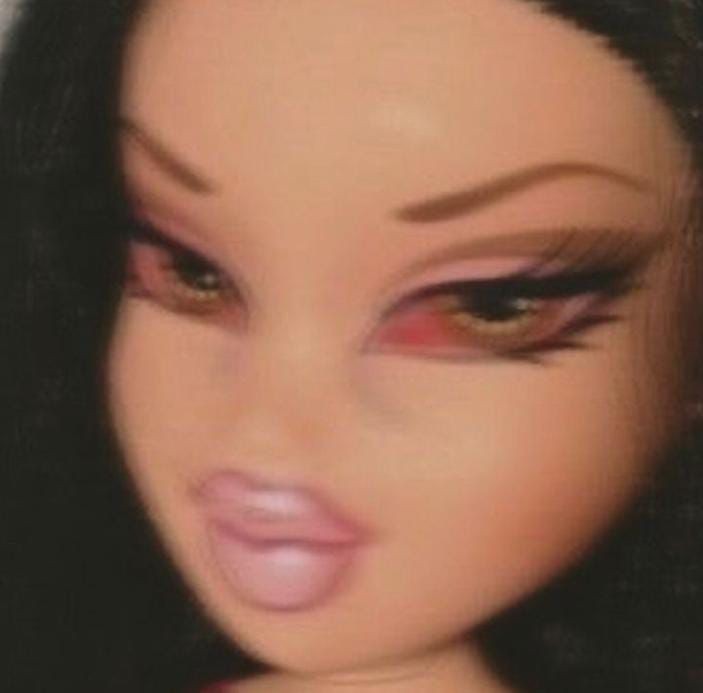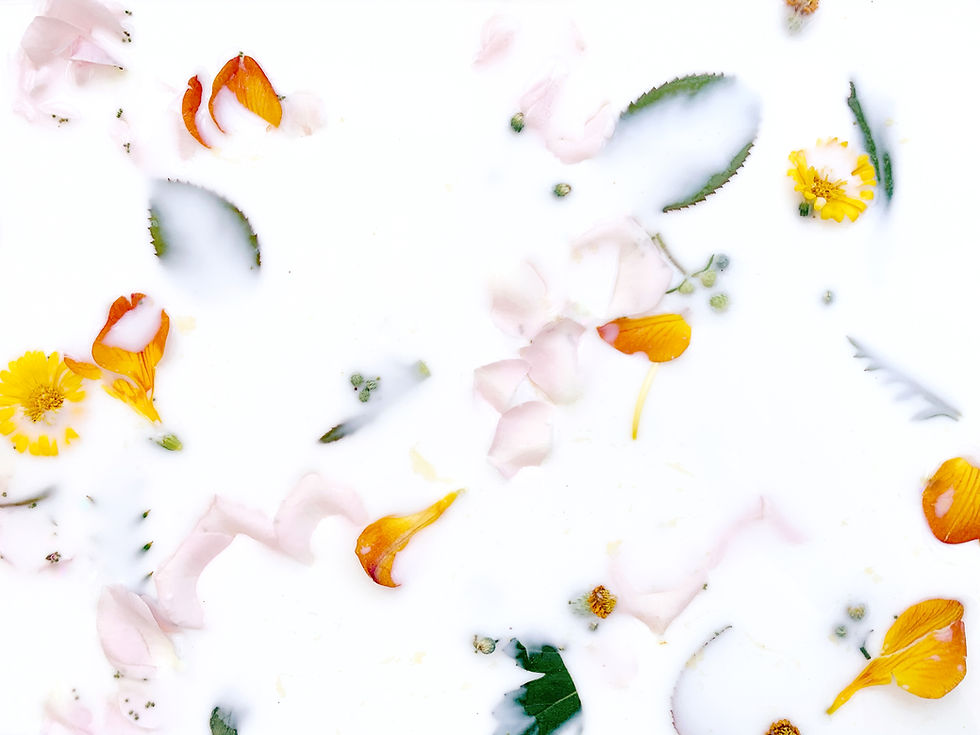the True Nature of Addiction: A Deep Dive into a Mental Health Disorder
- Olive Juice
- Jul 18, 2023
- 2 min read
Welcome, dear reader, to a brief journey of discovery as we delve into the world of addiction. Here, we will explore the multifaceted nature of addiction as a mental health disorder. Uncover the mechanisms behind addiction, decipher the brain's role, and challenge common misconceptions surrounding this complex phenomenon.
Defining Addiction as a Mental Health Disorder:
Addiction is a chronic mental health disorder characterized by compulsive engagement in substances or behaviors, despite negative consequences. It is more than just a bad habit; addiction fundamentally alters brain function and emotional responses, making it challenging for individuals to control their impulses.
The Brain and Addiction: A Complex Dance:
At the heart of addiction lies the brain's reward system, which involves a neurotransmitter called dopamine. When an individual engages in addictive substances or behaviors, dopamine floods the brain's pleasure centers, creating feelings of euphoria and reinforcing the desire for more. This reward circuitry becomes hijacked by addiction, driving individuals to seek out the source of pleasure compulsively.
Neuroplasticity: The Brain's Ability to Adapt:
Addiction reshapes the brain's neural connections through a process known as neuroplasticity. Repeated exposure to addictive substances or behaviors leads to changes in brain structure, making addiction a brain disease. These alterations further intensify cravings and reinforce addictive behaviors.
The Intersection of Nature and Nurture:
Addiction is influenced by both genetic and environmental factors. While certain genetic variations may predispose some individuals to addiction, environmental triggers, such as trauma, stress, or social influences, can also play a significant role in its development. Understanding these interactions helps create personalized treatment plans for those struggling with addiction.
The Deceptive Mirage of Escape and Coping:
Many individuals turn to addiction as a means of escape or coping with emotional pain or distress. Addictive substances or behaviors may temporarily provide relief, offering a brief respite from life's challenges. However, the escape is deceptive, as addiction compounds the emotional burden and creates a cycle of dependency.
Dual Diagnosis: The Link Between Addiction and Mental Health:
There is often a strong connection between addiction and mental health disorders, leading to what is known as dual diagnosis. Individuals with underlying mental health conditions may turn to addictive substances or behaviors to self-medicate, exacerbating both the addiction and the mental health issue. Treating both conditions simultaneously is vital for successful recovery.
Breaking the Chains: Recovery and Support:
Breaking free from addiction requires a comprehensive and individualized approach. Recovery involves addressing physical, emotional, and psychological aspects of addiction. Support systems, including family, friends, and support groups, play a crucial role in providing encouragement and understanding. Professional therapies, such as cognitive-behavioral therapy, help individuals understand the root causes of their addiction and develop coping strategies for life's challenges.
As we conclude our enlightening exploration of addiction as a mental health disorder, let us embrace a more comprehensive understanding of its true nature. Addiction is a complex interplay of genetic, neurobiological, and environmental factors, reshaping the brain and driving compulsive behaviors. By destigmatizing addiction and offering empathy and support, we can pave the way for successful recovery and a more compassionate approach to those facing this challenging journey. Together, let us advocate for better understanding and treatment of addiction in our society.





.png)
This is a must" in every day living I got to have it😎